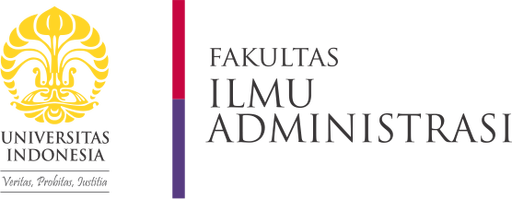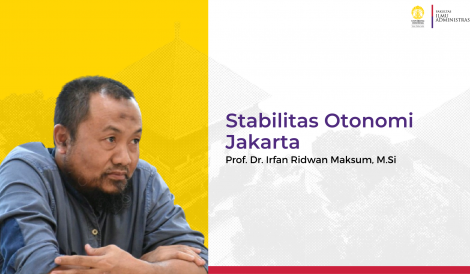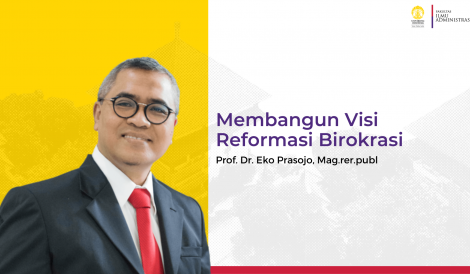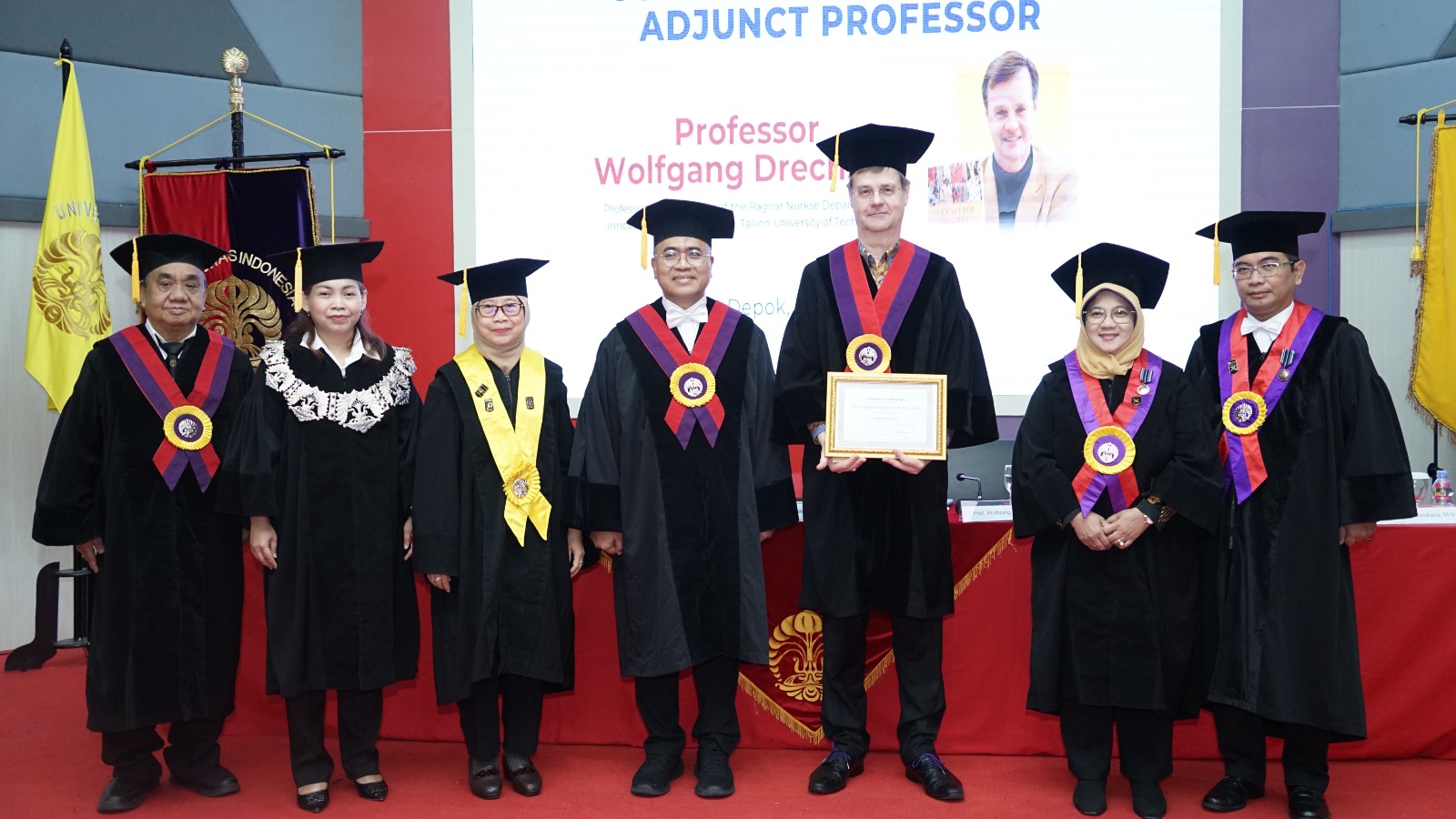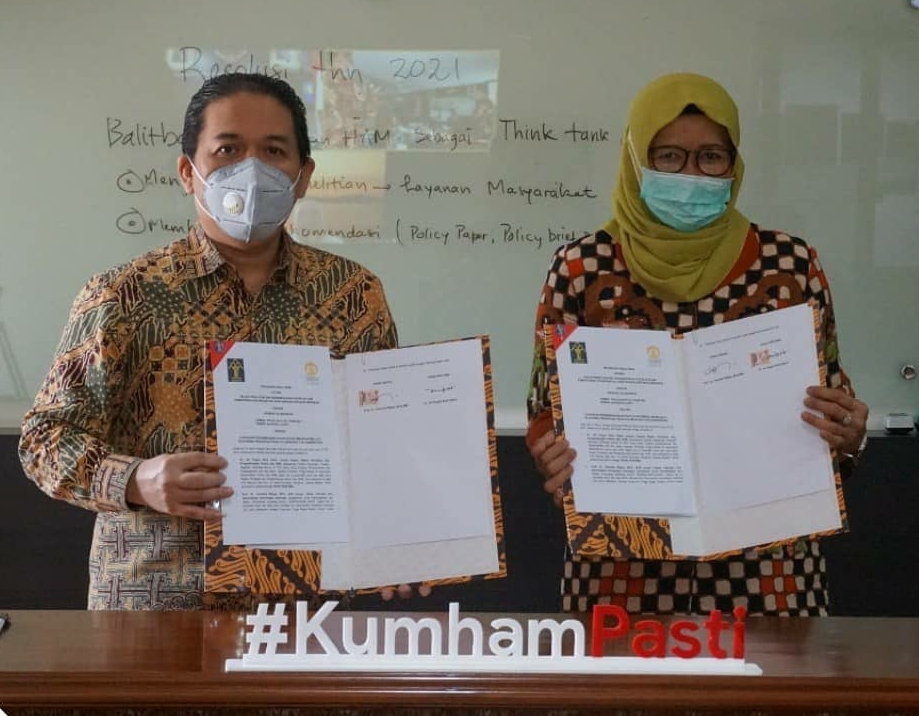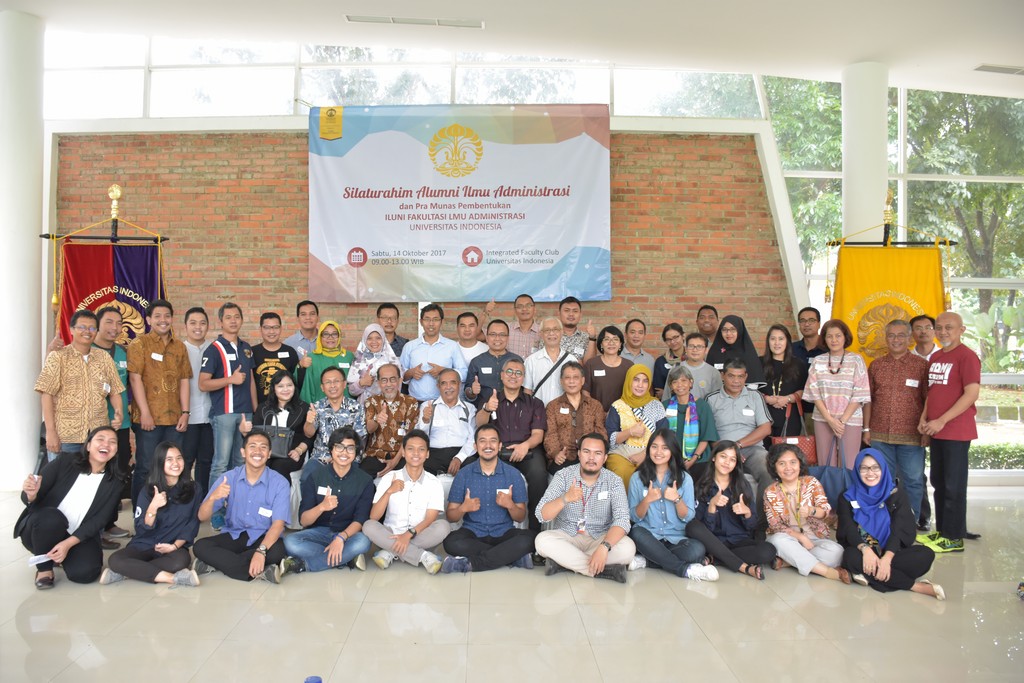The main emphasis of digital transformation is not digitization or just building applications, but more importantly driving changes in mindset as well as changes in organizational logic and interactions. As digital transformation is a moving target, governments play a key role in ensuring and coordinating the symphony of opinions and interests.
This is a joint conclusion resulting from a discussion at the PGAR Virtual Talk Show with the theme Digital Transformation of the Indonesian Bureaucracy: SuperApps and the Indonesian Digital Ecosystem on Tuesday (25/1/22).
The host and moderator of this event, namely Prof. Dr. Eko Prasojo, Mag.rer.publ. emphasized that all interviewees also agreed that digital transformation is inevitable and urgent and that the digital divide and internal resistance among bureaucrats (against digital transformation) are considered as one of the most challenging issues.
“To overcome this, it is important to collaborate, namely governance not government. Without ignoring the importance of ensuring domestic resources/digital literacy, domestic involvement, and collaboration of state and non-state actors,” he explained.
In addition, Professor Sung Kyun Kwan University South Korea Prof. Taewoo Nam, Ph.D. suggested that such regulations exist to guide the transformation process. “At the same time propaganda is also important to convince citizens to support the initiative. On the other hand, effective performance,”
Taltech, UCL IIPL, Davis Center at Harvard University Prof. Wolfgang Drechsler, Ph.D. added that art needs to be developed to build public competence. “Finally, political support is indeed important in supporting the success of digital transformation,” he said.
Next, the Chairman of the State Civil Apparatus Commission (KASN) Prof. Dr. Agus Pramusinto said that the Indonesian government has allocated large public funds to prepare infrastructure: Fiber Optic Internet to ensure adequate internet connections.
However, the Assistant Deputy for Policy Formulation and Coordination of the Implementation of the Electronic-Based Government System (SPBE) Cahyono Tri Birowo, ST., MTI. also mentioned that after the allocation of these funds, Indonesia was still experiencing major problems. “Unlike the center, local governments still do not have adequate resources to support digital transformation,” he said.
It is known that around 235 participants attended this virtual event. Policy, Governance, and Administrative Reform (PGAR) FIA UI is one of the research clusters in the UI Faculty of Administrative Sciences, chaired by Prof. Dr. Eko Prasojo, Mag.rer.publ., who is also the Executive Secretary of KPRBN.
